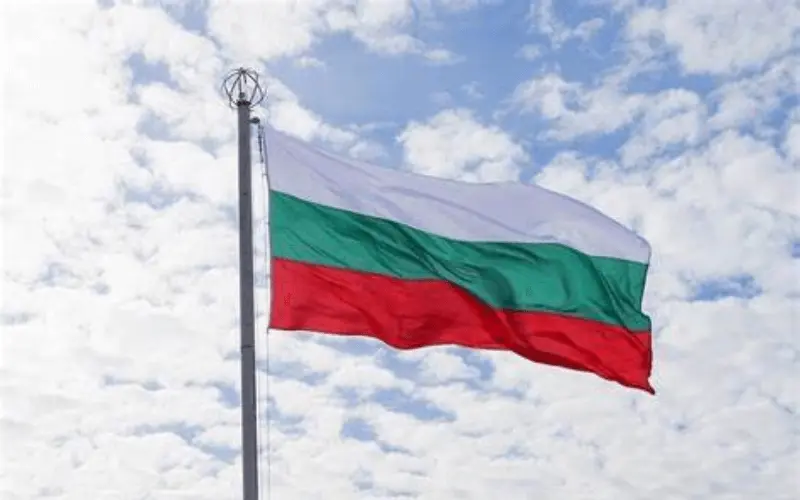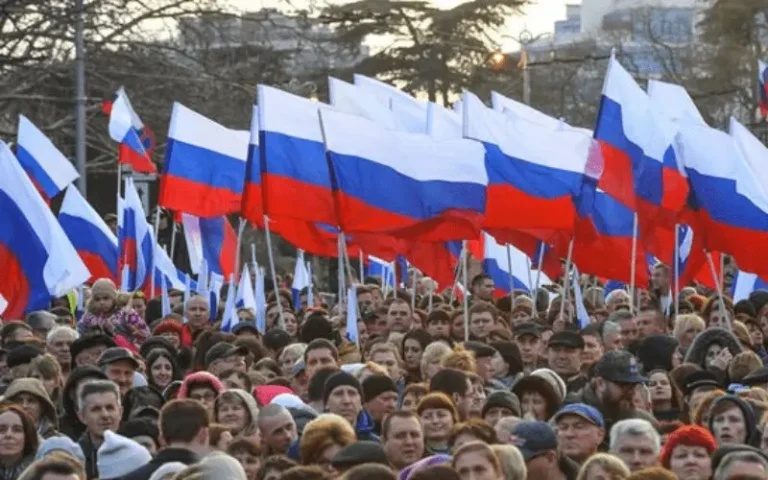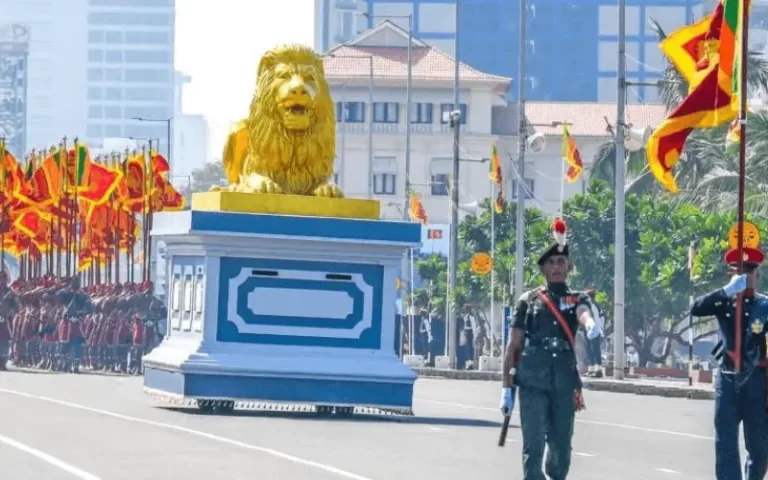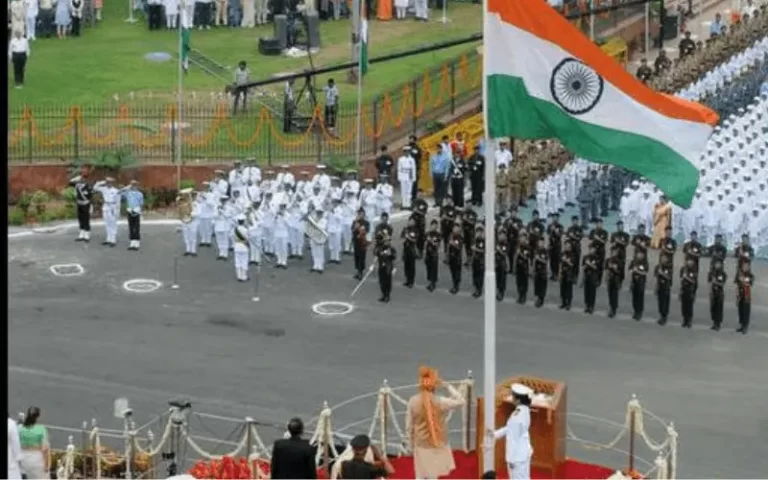Bulgaria Independence Day
Bulgaria Liberation Day, also known as Bulgaria Independence Day, holds a significant place in the hearts of Bulgarians. This day commemorates the hard-fought independence from the Ottoman Empire, marking a pivotal moment in Bulgaria’s history.
Stay tuned to read the detailed history of Bulgaria Independence Day and how they celebrate it.
What’s the History of Bulgaria’s Independence?
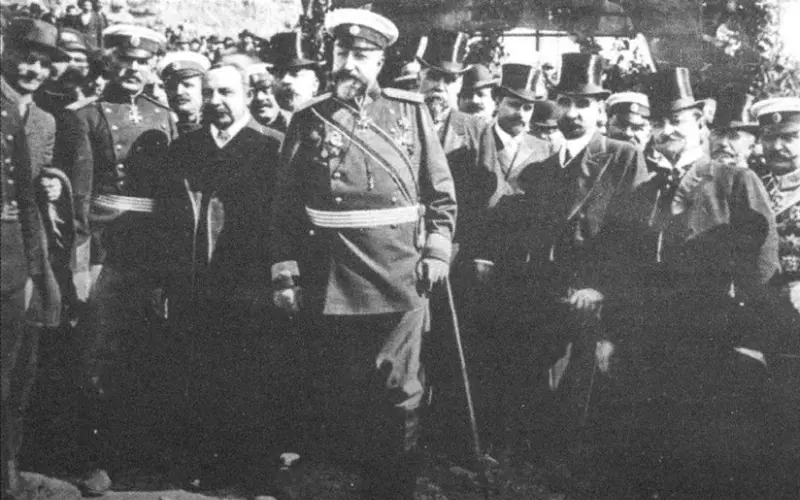
Bulgaria’s quest for independence unfolded through a series of historical events, with a pivotal moment occurring on March 3, 1878. The Treaty of San Stefano, signed on this day, marked the liberation of Bulgaria from Ottoman rule after the Russo-Turkish War (1877–1878). Commemorated annually as Bulgaria’s Liberation Day, this significant date symbolizes the end of nearly five centuries of Ottoman control.
The aftermath of the Treaty of San Stefano saw the establishment of the Autonomous Principality of Bulgaria, setting the stage for the nation’s autonomy. However, the subsequent signing of the Treaty of Berlin on July 13, 1878, led to a revised political landscape. Bulgaria was divided into three regions: the Principality of Bulgaria, Eastern Rumelia, and Macedonia.
Despite these adjustments, Bulgaria continued its march towards unification. On September 6, 1885, the Principality of Bulgaria and Eastern Rumelia united, forming a cohesive and stronger Bulgaria. This unification was a strategic step towards the realization of the country’s independence.
The ultimate achievement of full independence came on September 22, 1908, when Bulgaria officially declared its sovereignty from Ottoman suzerainty. On this day, the Principality of Bulgaria evolved into the Kingdom of Bulgaria, and the nation commemorated its independence after almost 500 years of Ottoman control.
Bulgaria’s journey to independence was marked by geopolitical intricacies, unification efforts, and strategic declarations. The dates encapsulate the critical moments that shaped Bulgaria’s transition from Ottoman dominance to a sovereign and independent state, celebrated annually on Bulgaria Independence Day as a testament to the nation’s resilience and triumph over centuries of external rule.
How Bulgaria Independence Day Is Celebrated?
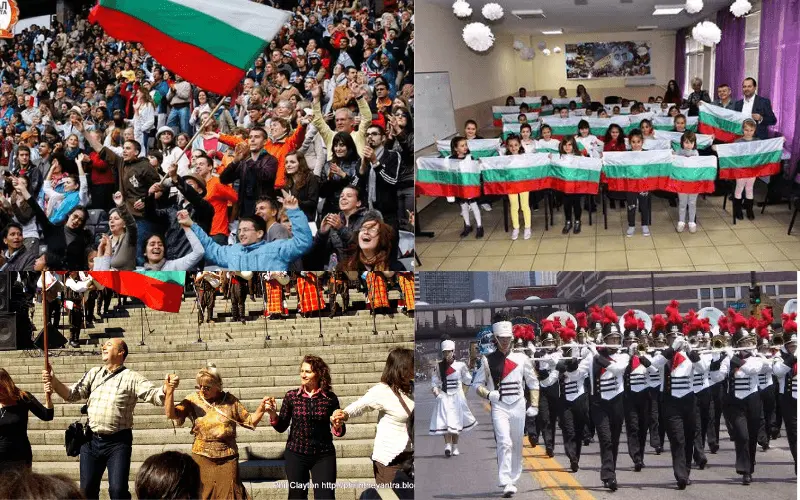
Bulgarians celebrate their Bulgaria Independence Day with a mix of solemnity and joy. One notable tradition is the act of leaving flowers and heartfelt messages at Bulgarian Liberation Monuments across the country. These monuments, scattered in various cities, serve as reminders of the sacrifices made during the struggle for independence.
On this special day, citizens gather around these monuments, paying their respects to the heroes who played a crucial role in Bulgaria’s liberation. The presence of vibrant flowers and poignant messages creates a poignant atmosphere, emphasizing the deep gratitude and respect Bulgarians hold for their history.
As the day progresses, the celebratory mood takes center stage. Fireworks illuminate the night sky, symbolizing the triumph of freedom over oppression. The colorful bursts of light are not just a visual spectacle but a collective expression of joy, marking the resilience and unity that defines the Bulgarian spirit.
The combination of solemn remembrance and festive celebration makes Bulgaria Liberation Day a unique and emotionally charged occasion for Bulgarians nationwide. It’s a time when the past is honored, the present is celebrated, and the future is embraced with hope.
When is Bulgaria Independence Day?
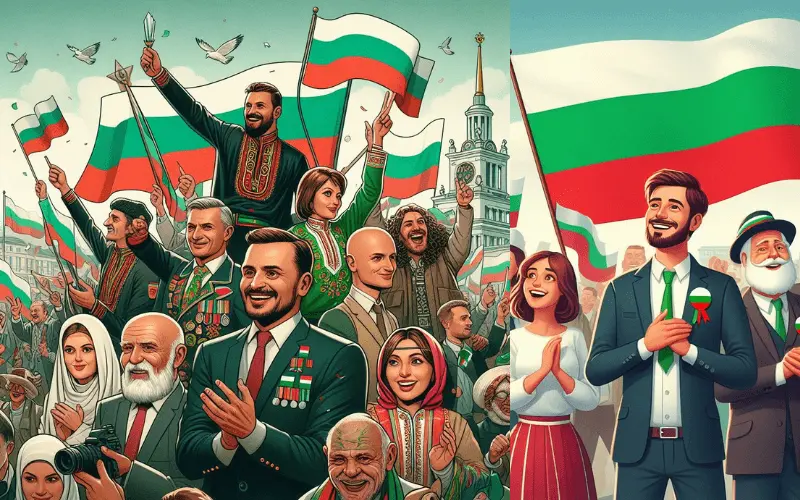
Bulgaria Independence Day is celebrated on September 22nd, commemorating the nation’s official declaration of independence from Ottoman suzerainty in 1908. This date marks a historic milestone in Bulgaria’s journey to sovereignty. This day is a national holiday, allowing Bulgarians to honor their history and the sacrifices made for freedom.
What is March 3rd in Bulgaria?
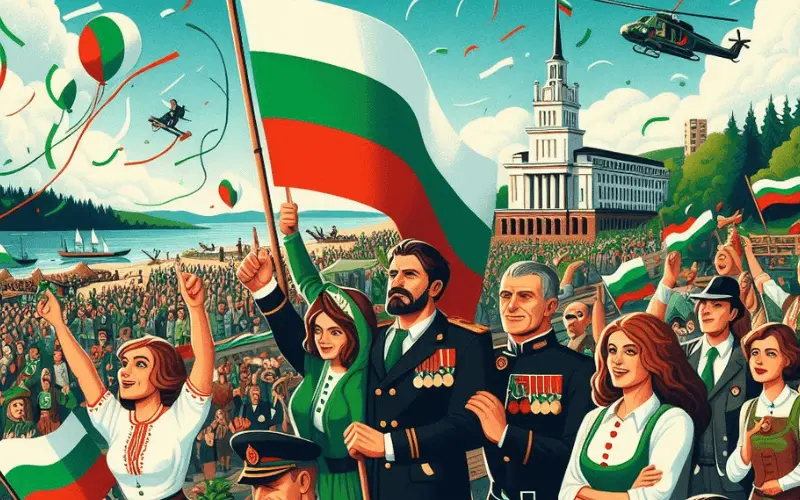
On March 3rd, Bulgarians commemorate the historic achievement of their nation’s liberation from the Ottoman Empire in 1878. This day symbolizes the end of a long and challenging struggle for independence. The Treaty of San Stefano, signed on this day, laid the foundation for the establishment of a sovereign Bulgarian state.
Bulgarians observe Liberation Day with a deep sense of national pride and unity. The day is marked by various events, ceremonies, and cultural activities held across the country. These celebrations often include patriotic speeches, flag-raising ceremonies, parades, and gatherings at significant historical sites and monuments.
The spirit of Bulgaria Liberation Day is not only a reflection on the past but also an affirmation of Bulgaria’s identity, resilience, and the enduring values that define the nation. It is a time for Bulgarians to honor their history, express gratitude to those who fought for freedom, and celebrate the sovereignty and independence of their beloved country.
What Does the Bulgarian Flag Represent?
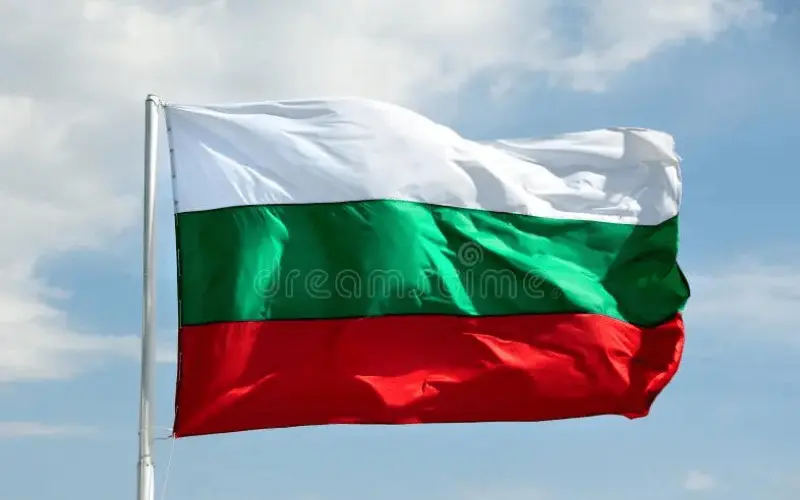
The Bulgarian flag holds deep symbolism for the nation. Its tricolor design is white, green, and red. White embodies peace and freedom, green signifies agricultural prosperity, and red represents the nation’s historic struggle for independence and military courage.
Conclusion
In conclusion, Bulgaria Independence Day stands as a testament to the nation’s enduring spirit and the struggles overcome in the pursuit of freedom. The significance of this day is etched in the hearts of Bulgarians, who continue to celebrate their independence with unwavering pride and patriotism.
Read other National Independence Day Guides by daysdiscuss
Frequently asked questions
How do Bulgarians Celebrate Liberation Day?
Bulgarians celebrate their Liberation Day with great pride and joy. The streets come alive with cultural events, parades, and patriotic displays. The spirit of “Happy in combat Bulgaria” resonates as people participate in various activities, showcasing their love for their country and its history. The day is not only a celebration of freedom but also a reflection of the unity and strength that defines the Bulgarian people.
When did Russia liberate Bulgaria?
Russia played a crucial role in the liberation of Bulgaria, and this historic event took place on March 3rd, 1878. On this significant day, the Treaty of San Stefano was signed, marking the formal end of the Russo-Turkish War (1877–1878) and resulting in the liberation of Bulgaria from Ottoman rule.
The Treaty of San Stefano outlined the terms of the peace settlement, leading to the establishment of a free and autonomous Bulgarian state. This liberation paved the way for the creation of the modern Bulgarian nation and is commemorated annually on March 3rd as Bulgaria’s Liberation Day, a momentous occasion in the country’s history.

